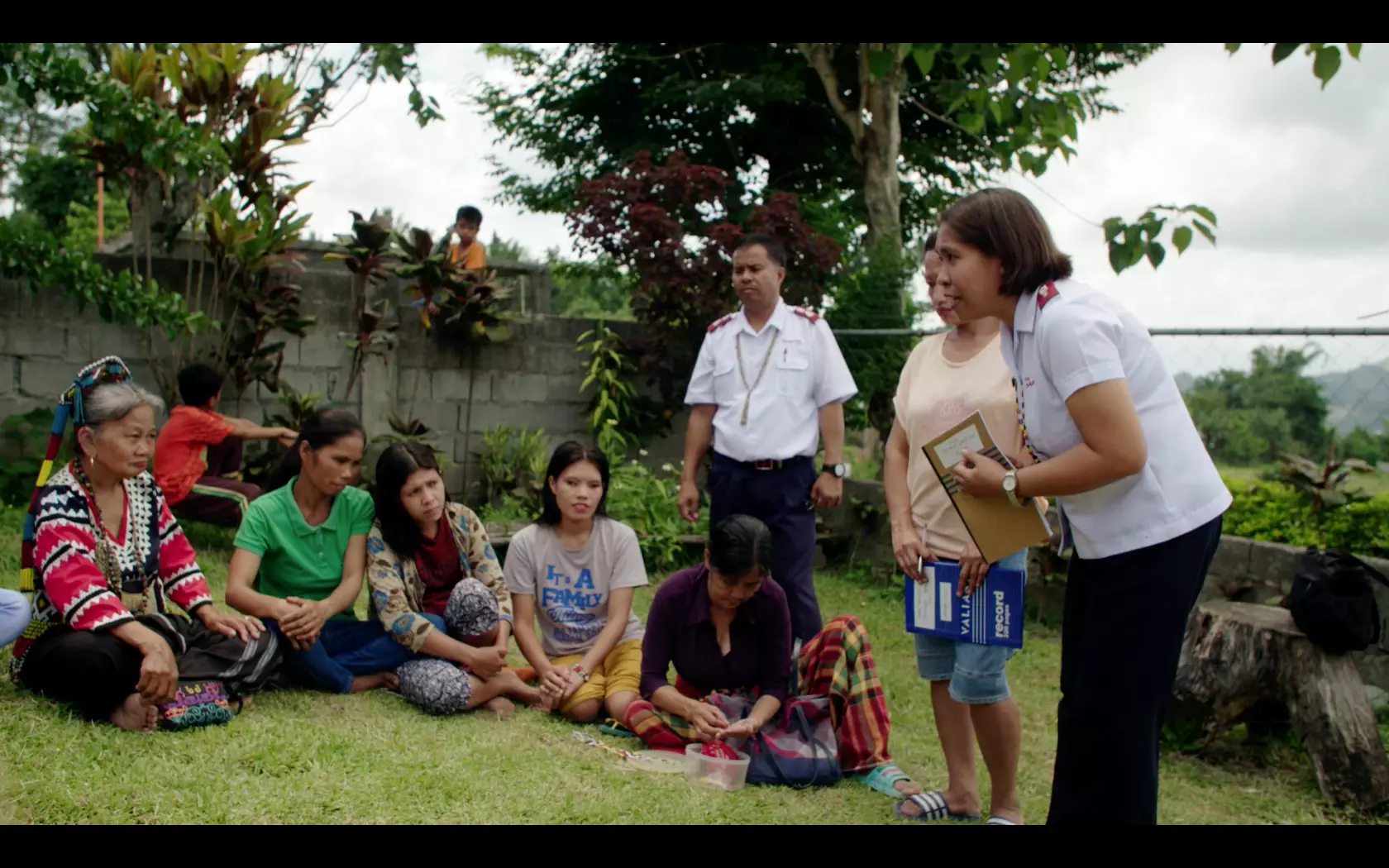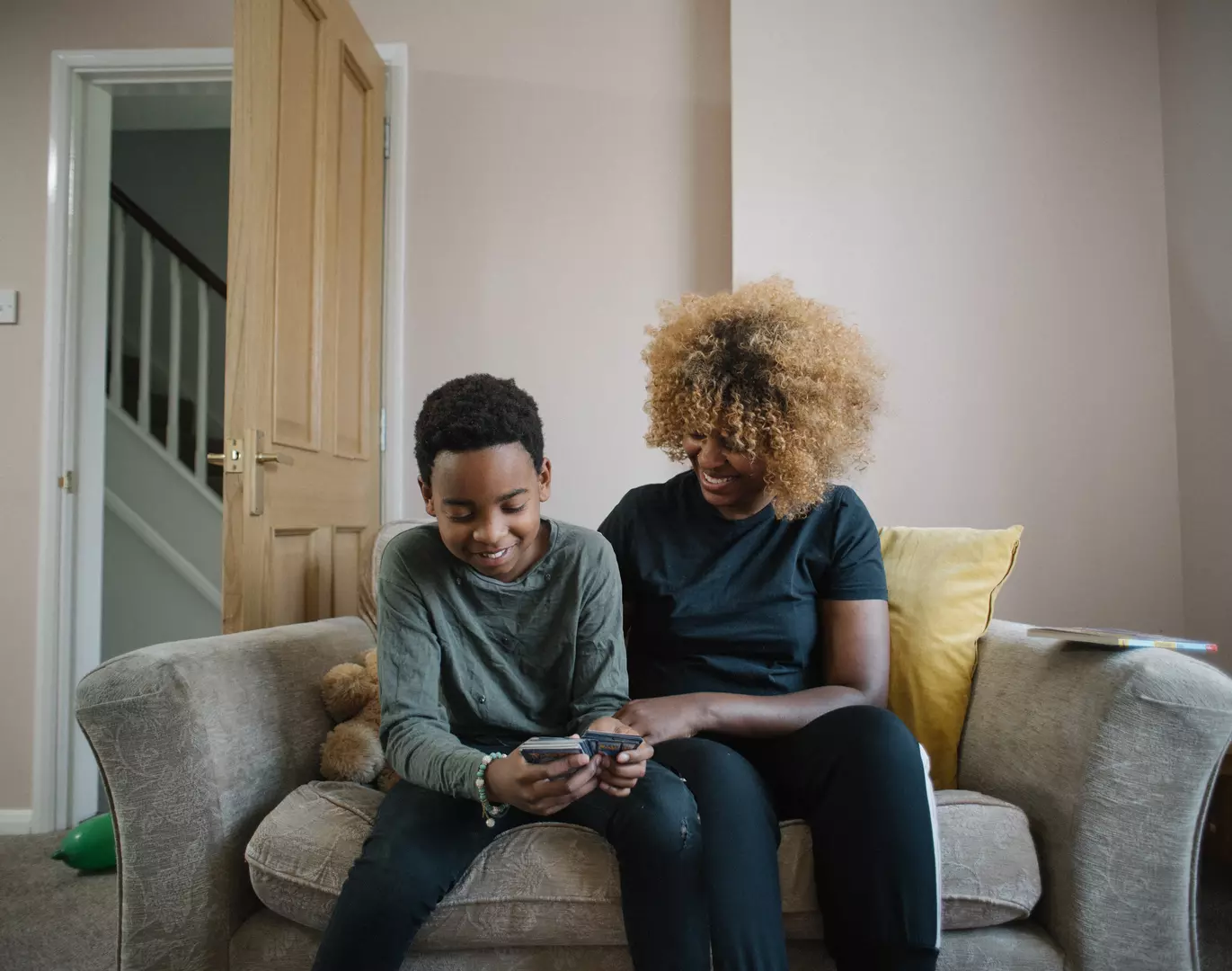International response to anti trafficking during COVID
published on 30 Jul 2021
New report reveals how human traffickers changed the way they operate during COVID-19
In a report released on World Day Against Trafficking in Persons, The Salvation Army and partners show how COVID-19 has affected efforts to protect communities across the world at risk from human trafficking gangs and unsafe migration.
The Salvation Army joined with academics to gather evidence on the impact of COVID-19 through surveys and interviews with key organisations in international networks of UK-based non-governmental agencies (NGOs) and faith groups engaged in combatting human trafficking and modern slavery.
The report, 'How has the International Anti-Trafficking Response Adapted to Covid-19?', reveals concerns from NGOs operating around the world that more is needed to protect vulnerable communities as traffickers find new ways to exploit people. Testimonies from the frontline include trafficking gangs going online to target children, stigmatisation and increased vulnerabilities for marginalised groups such as migrant workers and sex workers and many communities more susceptible to the false offers of criminal gangs preying on people in poverty and debt.

In response it makes recommendations about how to capitalise on the lessons learned during COVID-19 in the following ways:
- Responses to human trafficking and modern slavery should be strengthened and integrated into emergency responses to humanitarian crises, such as pandemics.
- Messages to reduce stigma amongst marginalised groups such as migrant workers and sex workers need to be put out in local communities
- More partnerships with private companies are needed to provide resources, such as phones and laptops, to deal with the crisis
- Anti-trafficking organisations need to work more closely with all faith-based groups in local communities as the report showed how they were the primary responders to both human trafficking and COVID-19.
- More research is needed on the role of organisations from all faiths and their work in anti-human trafficking work. This should include looking at the role of prayer in building individual and community resilience as well as effecting social and political changes.
Findings back up fears that criminals worldwide have adapted their methods to capitalise on opportunities to exploit communities made more vulnerable to the threat of human trafficking by COVID-19. Traffickers have targeted school children who, with schools closed, were spending more time online and families where parents have lost their livelihoods because of the pandemic. This has exacerbated online exploitation, child labour and sexual exploitation of women. There were also reports of criminals exploiting furlough schemes by arranging payments but not passing them on to the intended beneficiaries.
Providing cause for optimism, the report shares examples of how charities and NGOs have adapted well during the pandemic. Throughout lockdowns charities adapted their services to provide necessities such as food, medication, and sanitation products to sustain communities and prevent people accepting risky opportunities, possibly offered by traffickers, to survive. To continue supporting people, 85 per cent of respondents needed additional resources including mobile phones, laptops, and internet data as well as personal protective equipment.
Nearly all (98 per cent) respondents reported that social distancing and travel restrictions presented considerable challenges to accessing survivors. Where possible, charities turned to online platforms and sought additional resources such as phones to share awareness information about risks from COVID and exploitative gangs and for survivors to access counselling services. Levels of available funding for these activities varied considerably around the world, depending on relationships with supportive partners and the response or capacity of individual governments to help.
Some charities have also been assisting governments with assessing and providing basic services to returning migrants. Others have worked with healthcare providers to disseminate messages about the risks of human trafficking and leveraging online technology to hold governments and manufacturers accountable to workers in the supply chain.
Despite churches and other religious buildings being closed, faith leaders are shown to be instrumental in spreading accurate information about health and hygiene as well as continuing to challenge accepted beliefs and behaviours that might lead to trafficking and unsafe migration. These interventions were particularly important where there were reports of local communities stigmatising and blaming marginalised groups for the virus, such as migrant workers and sex workers.

COVID-19 has demonstrated that, as trusted members of the community, faith leaders were able to respond quickly in the crisis. The report recommends this should be factored into planning for all anti-trafficking organisations looking to interact with at-risk communities.
Lead author, Emma Tomalin from The Centre for Religion and Public Life at the University of Leeds said:
“Our report provides a unique insight into the impact of the pandemic on work by charities and faith-based groups to protect against trafficking and unsafe migration. By highlighting where responses have been effective and exploring the vital role played by faith-based organisations because of their distinctive links in local communities, we hope to inspire others to adopt best practice and to inform advocacy, policy and funding priorities.”
Children, women, domestic and migrant workers were identified as being particularly susceptible to harm as a result of COVID-19. Migrant workers unable to travel back home or remain in paid employment were reported to be incurring significant debt to survive or to pay people smugglers who by-passed legal restrictions to arrange expensive and often dangerous routes to travel home. Poor living and working conditions and challenges in accessing healthcare were also shown to disproportionately affect migrant workers. These problems were exacerbated in countries with high population densities; weak health services; significant numbers of returning migrants; corruption at various political levels and a high proportion of the population working in manufacturing.
Tribeni Gurung from The Salvation Army’s International Anti Trafficking team who worked with Emma Tomalin on the report added:
“Human trafficking is an abhorrent crime which is thriving worldwide and has been exacerbated by the COVID-19 pandemic.
"The Salvation Army has made combatting modern slavery and human trafficking a global priority. Many of our teams, who work across the world providing financial and technical support to at risk communities, were pleased to feed their experiences during the pandemic into this important report. We know that traffickers prey on vulnerabilities, particularly in a time of crisis, so it has been reassuring to see how effective work has been to adapt methods to continue to combat this.
"It’s really concerning to have further confirmation that human traffickers are twisting the knife by taking advantage of people left vulnerable by the pandemic, but this report does give some cause for hope.
"There are great examples of how organisations including The Salvation Army have risen to the challenges which can help inform future anti-trafficking programmes and inform policy and investment decisions by governments and other key stakeholders.
"We’re also encouraged to learn that charities, communities and governments have been able to develop stronger links due to working closely together during the pandemic and confident that this will help in a combined efforts to stamp out modern slavery in the future.”
Partners in putting together the report were the Centre for Religion and Public Life at the University of Leeds, The Rights Lab at the University of Nottingham alongside The Salvation Army and the International Anti-Human Trafficking Network (IAHTN) and Joint Learning Initiative on Faith and Local Communities (JLI).
